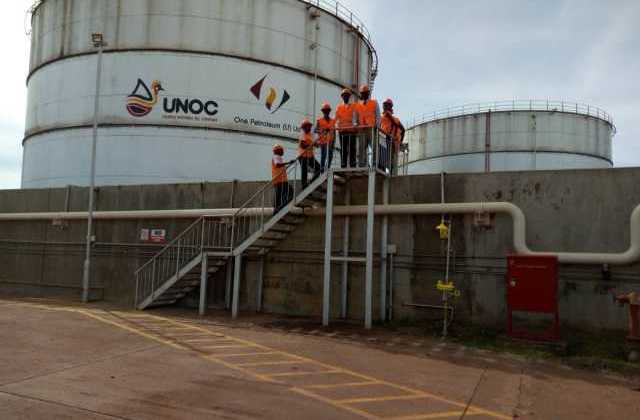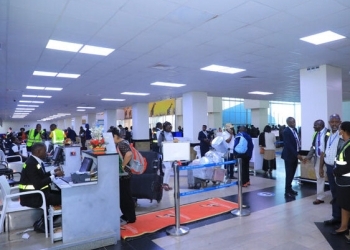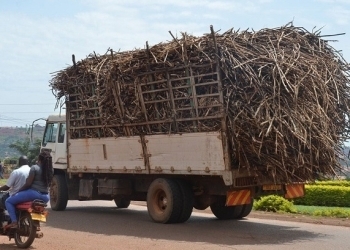
Uganda National Oil Company’s-UNOC depot manager, Joel Nkangi has announced that Uganda's oil reserves in Jinja have run out of fuel, amidst a crisis that has led to an escalation of fuel prices in recent weeks.
Currently, Pump prices have increased to an average of 6,000 Shillings at stations across Kampala, while in some upcountry towns, a litre of petrol is sold at an average of 14,000 Shillings.
This started a week ago following a standoff on the Uganda-Kenya borders in Busia and Malaba when truck drivers stationed their trucks in protest of a mandatory COVID-19 test by Ugandan authorities even for those with a negative PCR from Kenya.
According to Nkangi, the reserves have a storage capacity of 30 million litres, against a monthly demand of between 200 and 230 million litres of fuel in the Country and that all the fuel in the reserves could only contain the situation for a period of one week in case of a crisis.
Nkangi adds that the availability of fuel at the reserves depends on constant fuel supply within the country and any form of scarcity, automatically results in incomplete emptying of the fuel tanks, following the inadequate storage facilities at the depot.
He further notes that oil companies absorb while replenishing the reserve tanks in the due course, which contributes to the stability of the fuel supply chain. But with the current standoff, UNOC partners have since emptied all the reserves to meet their clients' demands.
Most of the fuel at the reserves, Nkangi says are largely received via road trucks and the current backup of importing fuel through the railway line system, is inefficient to serve both the nationwide fuel demand and replenishing of the oil reserves.
He advises that, if at all water transport is well revamped, it can effectively serve as an alternative to address future fuel import crisis incidents, following the high-level carriage capacities of some water vessels that can ferry an estimate of 300 fuel wagons per trip.














